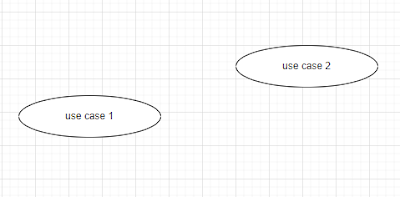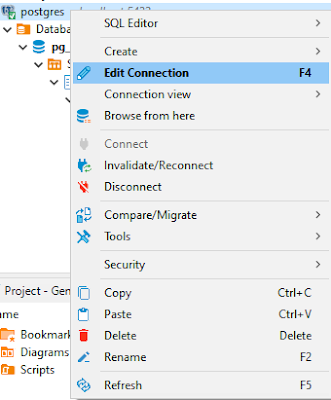Creating Python Virtual Environment: How-to
Hi all,
3. Now, as your virtual environment is already activated, you may want to install some packages using pip. Let's try to add pandas!
4. Last thing: deactivate your virtual environment using the deactivate command
In this posting, I'm going to show how we can create a Python virtual environment using Windows Command Prompt (CMD).
Here's the plan. I'm going to create a new folder named upwork where I will store all documents and source codes from Upwork projects. In this upwork folder, I will create a new python virtual environment named vupwork. I'm using Windows Command Prompt but I'm sure there will be more similar tutorials for you, non-windows users. Let's dive in!
1. Create your first virtual environment. The command would be in the following form:
python[python_version] -m venv [your_venv_name]
2. Now, activate the newly created virtual environment using the following command:
[your_venv_name]\Scripts\activate
pip install [packages_to_be_installed]
4. Last thing: deactivate your virtual environment using the deactivate command
That's it. Enjoy!





Comments
Post a Comment